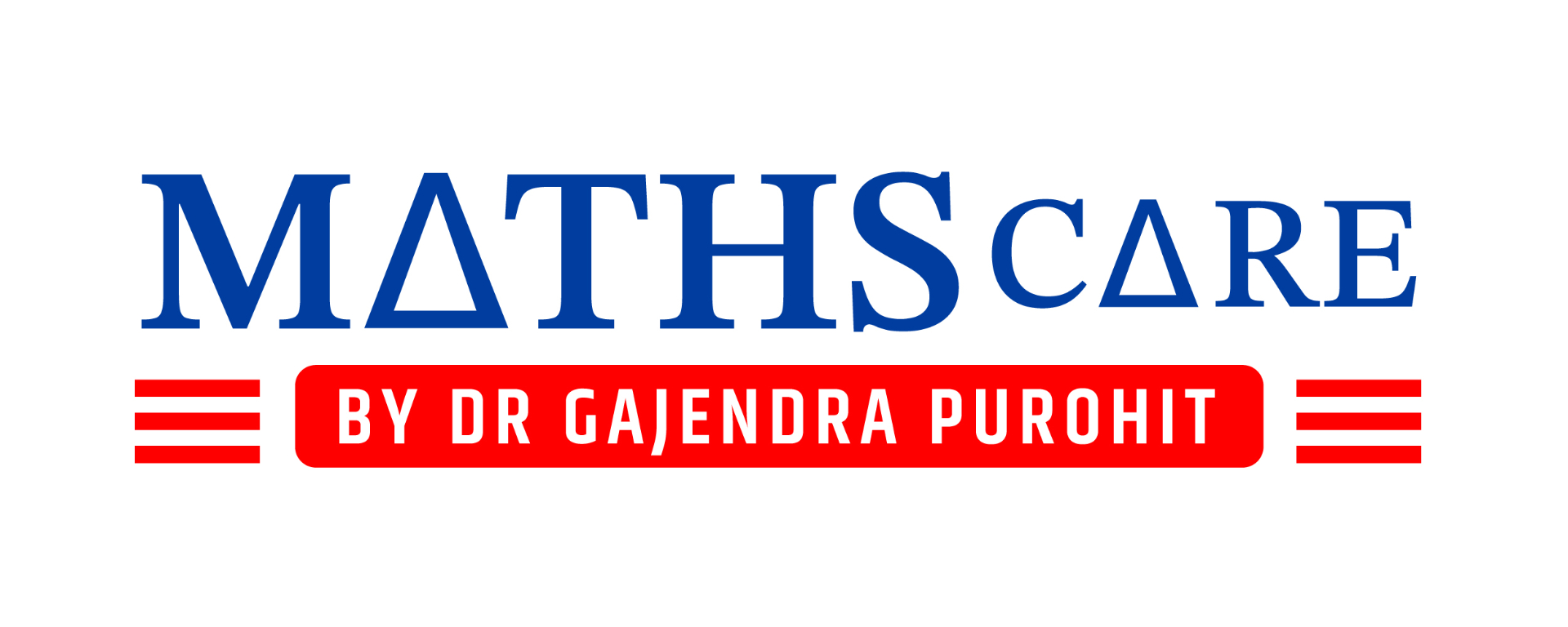Crack CSIR NET December 2024 in 3 Months!
Preparing for the CSIR NET December 2024 in just three months might sound intense, but with a focused strategy, you can crack the exam. Let’s break down the preparation plan month by month and cover key areas like eligibility, syllabus, and exam pattern, making sure you target high-weightage topics and track your progress consistently.

About CSIR NET
The Council of Scientific and Industrial Research (CSIR) National Eligibility Test (NET) is a national-level exam conducted twice a year to determine eligibility for Junior Research Fellowship (JRF) and Lectureship (LS) in science-related fields. It’s a critical step for those seeking to pursue research or academic careers, especially in Mathematics, Life Sciences, and Physical Sciences.
This highly competitive exam requires in-depth subject knowledge and smart preparation strategies, especially if you have a limited time frame like three months to prepare.
CSIR NET Eligibility Criteria
Before jumping into your preparation, make sure you’re eligible for the exam:
Educational Qualification: A Master’s degree in relevant science subjects such as Mathematics, Chemistry, Physics, or Life Sciences is required. For Mathematical Sciences, an M.Sc. in Mathematics or related subjects is necessary.
Minimum Marks: General and OBC category candidates must have at least 55% in their qualifying degree. Other reserved candidates need a minimum of 50%.
Age Limit: For JRF, the maximum age is 28 years, while there is no upper age limit for the Lectureship.
CSIR NET 2024 Syllabus Mathematics
The Mathematics syllabus for CSIR NET covers a variety of topics ranging from algebra to differential equations. Here’s a brief breakdown:
Linear Algebra: Eigenvalues, eigenvectors, and matrix theory.
Real and Complex Analysis: Continuity, differentiability, and complex functions.
Differential Equations: Ordinary Differential equations and partial differential equations.
Group Theory and Rings: Groups, rings, and field theory.
Calculus: Single, multivariable and vector calculus.
Understanding the syllabus in-depth will help you create a more targeted study plan.
One-Month, Two-Month, and Three-Month Preparation Plan
First Month: Organize and Build Foundations
In the first month, your focus should be on organizing your study material, understanding the exam syllabus, and covering high-weightage topics.
Collect Study Material: Gather essential textbooks and previous years’ question papers (PYQs).
Plan Your Study Schedule: Allocate daily or weekly hours to cover different sections of the syllabus.
Review the Syllabus: Go over the entire syllabus and identify key topics.
High-Weightage Topics: Start covering at least two high-weightage topics every week. Focus on fundamental areas like Linear Algebra, Real Analysis, and Differential Equations to build a solid foundation.
Second Month: Deep Dive and Practice
As you enter the second month, it’s time to dive deeper into your preparation. Here’s what to focus on:
In-depth Study: Continue building your understanding of complex topics such as Group Theory and Complex Analysis.
Practice Papers and PYQs: Start solving practice papers and past question papers to gauge your preparation level.
Make Short Notes: Condense your notes to essential points for quick revision later.
Mocks and Analysis: Give at least one mock test every week and analyze your performance to refine your study plan.
Third Month: Revision and Mock Tests
The third and final month is about revision and test-taking:
Start Revision: Focus on revising your short notes and important topics.
Focus on PYQs: Revisit previous years’ questions to familiarize yourself with common patterns.
Avoid New Topics: Stick to revising what you’ve already studied instead of attempting to learn new topics.
Keep Giving Mocks: Take regular mock tests to keep your speed and accuracy in check. Ensure you’re simulating exam-like conditions.
Key Topics Based on Weightage
The previous years’ weightage gives a clear idea of what to prioritize. Based on the analysis of past CSIR NET papers, you should focus on these key areas:
Linear Algebra: Averages 16 marks across different years.
Group Theory: Carries a weightage of around 11 marks annually.
Ordinary Differential Equations (ODEs): Around 10 marks every year.
Real Analysis: Averages 12 marks and is crucial for high scores.
Calculus: Integral and differential calculus are core topics and carry significant weightage.
High-weightage topics like these should dominate your preparation schedule, especially in the first two months.
CSIR NET Exam Pattern
The exam comprises three parts:
Part A: General aptitude and reasoning.
Part B: Subject-specific MCQs that test your basic knowledge.
Part C: Advanced and analytical questions that require in-depth knowledge and conceptual understanding.
Familiarizing yourself with the exam pattern will help you approach the exam in a more strategic manner, and mock tests should be aligned with this format to simulate exam conditions.
Recommended Study Resources
To Crack CSIR NET December 2024, it’s essential to use reliable study material. Here are some suggested resources:
Books: Prioritize books of Indian authors as they are much easier to comprehend.
Online Courses: Platforms like MathsCare provide specialized courses for CSIR NET preparation. Know more by clicking the link below
Mock Test Series: Websites like MathsCare, PW, etc offer CSIR NET mock tests that mimic the real exam format.
Conclusion
Cracking CSIR NET December 2024 in three months requires discipline, strategy, and a clear focus on high-priority topics. By dividing your time wisely between studying, solving PYQs, and giving mock tests, you can maximize your chances of success. Stay consistent, trust the process, and you’ll be ready to ace the exam and step forward in your academic or research career.
CSIR NET FAQS
Is CSIR a government job?
Council of Scientific & Industrial Research (CSIR) is an autonomous organization under the Ministry of Science & Technology, Govt. of India. It is amongst the foremost scientific and industrial research set ups in the world.
What is the net CSIR exam for?
The Joint CSIR UGC NET exam is conducted to determine the eligibility of Indian nationals for Junior Research Fellowship (JRF) and Lectureship (LS)/Assistant Professor roles in Indian universities and colleges, subject to fulfilling UGC criteria.
What is CSIR NET useful for?
After passing the CSIR-NET exam, you qualify for both lectureship and research fellowship opportunities. You can apply for teaching positions in colleges and universities nationwide, such as Assistant Professor posts.
What is the salary of CSIR NET?
The salary of a CSIR NET-qualified Lecturer ranges between INR 37,000 to 67,000 per month. Depending on UGC guidelines, it can increase to between 1.33 lakhs and 1.41 lakhs per month.
Is CSIR NET only for Science students?
The CSIR UGC NET examination is conducted for the following subjects: Chemical Science, Earth Science, Physical Science, Life Science, and Mathematical Science.
Is JRF equal to PhD?
No, JRF and PhD are complementary in academia. The JRF provides financial support to students, while a PhD signifies mastery of a chosen field.
BEST OFFERING COURSES FOR YOU
BEST BOOKS FOR IIT JAM/ CSIR-NET
BUY BOOKS ON OUR APP










